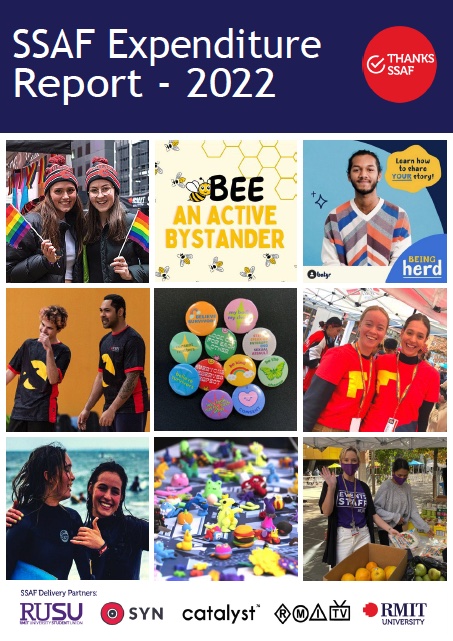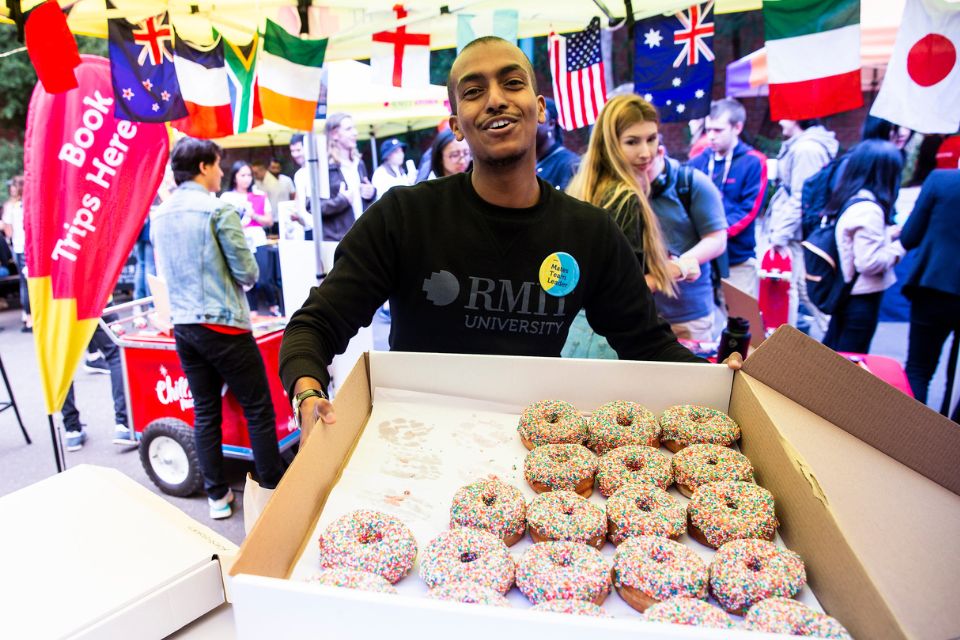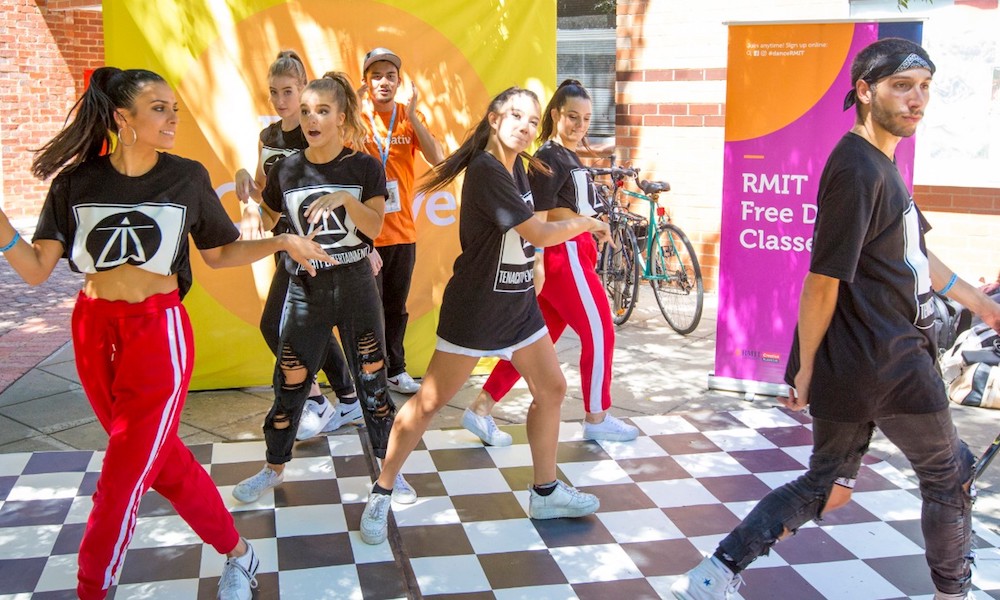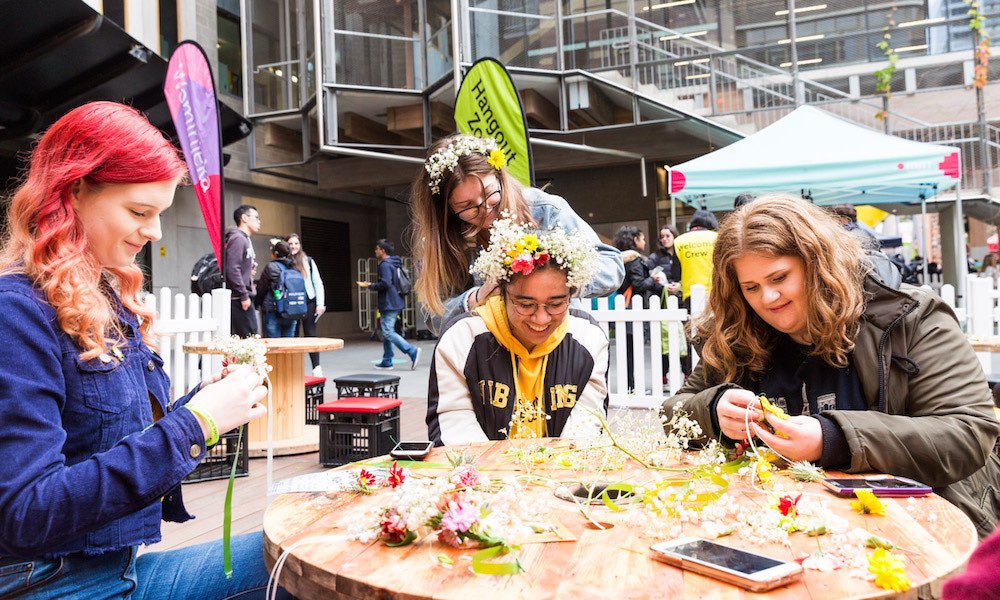Who pays SSAF?
Any student who is studying an RMIT coursework program in Australia or online (including RMIT Online), and who is charged tuition fees by RMIT, will also be charged SSAF based on their enrolment.
This includes students studying in the Free TAFE initiative, and outbound exchange students who remain enrolled at RMIT.
Domestic research students commencing in 2021 or later are also charged SSAF.
If you’re unsure about whether you are required to pay the fee, please view your student invoice or your online account in Enrolment Online.





